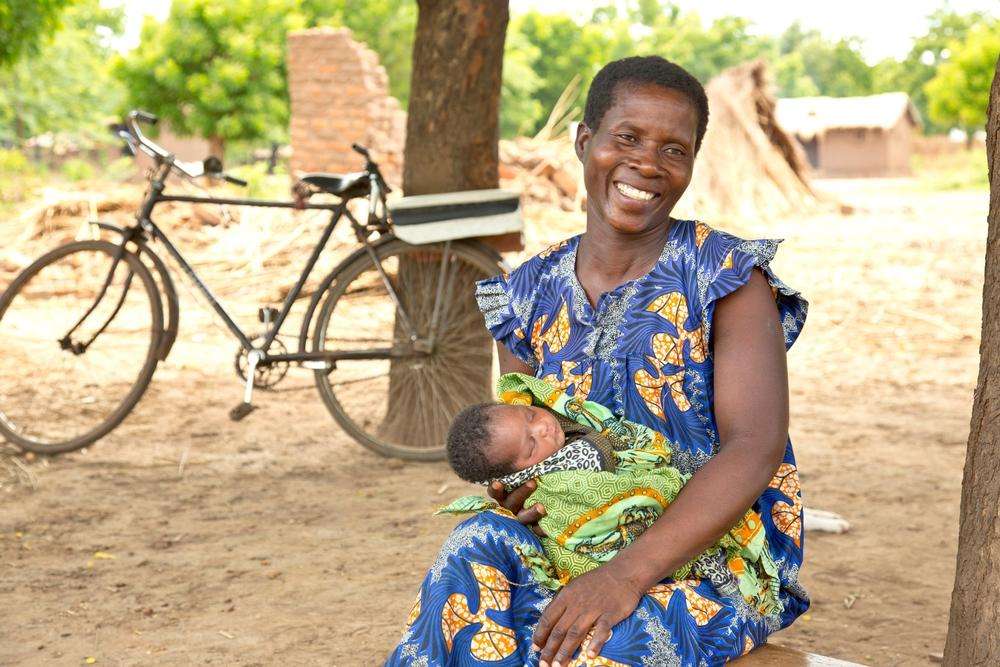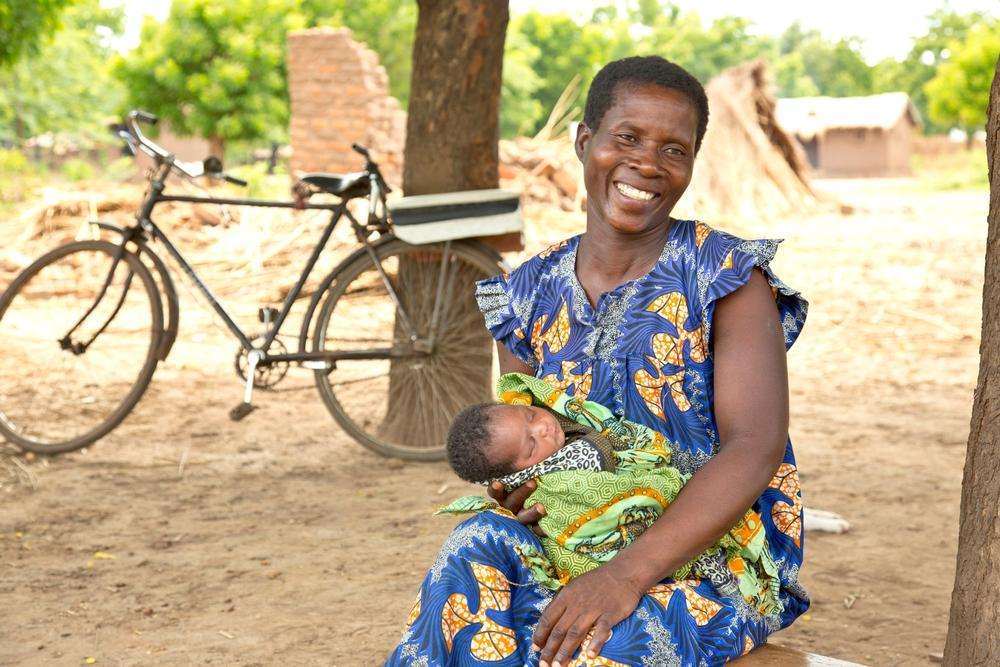Malawi was recently devastated by the worst flooding in living memory. Three weeks after the disaster, people are still struggling to get on with their lives and preparing as best they can for a difficult future.
Berita and her family live in Makhanga, a cluster of villages with a population of about 5,000, situated on a slightly elevated area in southern Malawi’s vast plains. She didn't run when the floods hit, because she had nowhere to go—and because she was eight months pregnant.
The floodwaters came during the night. At 3:00AM, Berita woke up to water in her house, licking the blanket on which she slept. As time passed the water rose, from ankle deep to knee deep, until midnight the next day when it reached her home's windowsill. It drowned the cornfields that feed the village; it contaminated the wells that sustain the families. It covered the local clinic with thick mud that clung to stocks of drugs and medical supplies.
There was nowhere to go but up, and there was nothing up but trees. Mathias, Berita's husband and a village leader, hauled his heavily pregnant wife and their five children up into the branches, all of them still drenched from the heavy rains.
They stayed there for four days. The baby kept kicking.
And then it was time. Early on the morning of January 22—13 days after the floods came, taking all of her possessions—Berita felt the baby was ready, even if she was not. “We went to the clinic, but it was closed,” she remembers. “There was no one there to help. I was told to wait, that a helicopter was coming, that it could take me to another clinic.” By that time, Makhanga village had become an island completely cut off from the rest of the country apart from a slow trickle of aid dropped from the air.
“When we landed we were told there was a woman in advanced labor, but nobody to deliver the baby,” says Clive Kasalu, a Malwian nurse and midwife who works with Doctors Without Borders/Médecins Sans Frontières (MSF). “So it was up to me.” Clive had an emergency delivery kit and 14 years experience under his belt, so he felt confident. But still, “We had to improvise a bit,” he says. Only parts of the clinic had been cleaned up during the three days that MSF had a team at work in Makhanga. Clive enlisted an assistant to fetch clean water while focusing as he tended to Berita.
Within an hour, Berita was well into labor, sweating and clinging to the bare bed while Mathias waited outside, worrying—it's taboo here for fathers to attend births. Finally, at noon, Makhanga’s community had one more member: a healthy, hungry 6.4-pound baby girl.
Three weeks after the floods hit, Makhanga remains an island, and its inhabitants are still trapped. While MSF regularly brings medical relief by helicopter, helping villagers get on with their lives, the consequences of the worst floods in Malawi's living memory will be felt for months to come. “I am glad to have my new baby,” says Berita. “But we don't have enough food, we don't have clean water, we don't have any clothing.”
Her brick-and-mud house—built just one year ago—is still standing, but bears the scars of the great flood. It's crowded too—Berita and her family now share the one-bedroom house with 13 relatives whose homes were lost. The family's field, recently planted, was wiped clean of all hope for the coming months’ crops.
Life trudges on.
The baby girl, now one week old, has yet to receive a name.





